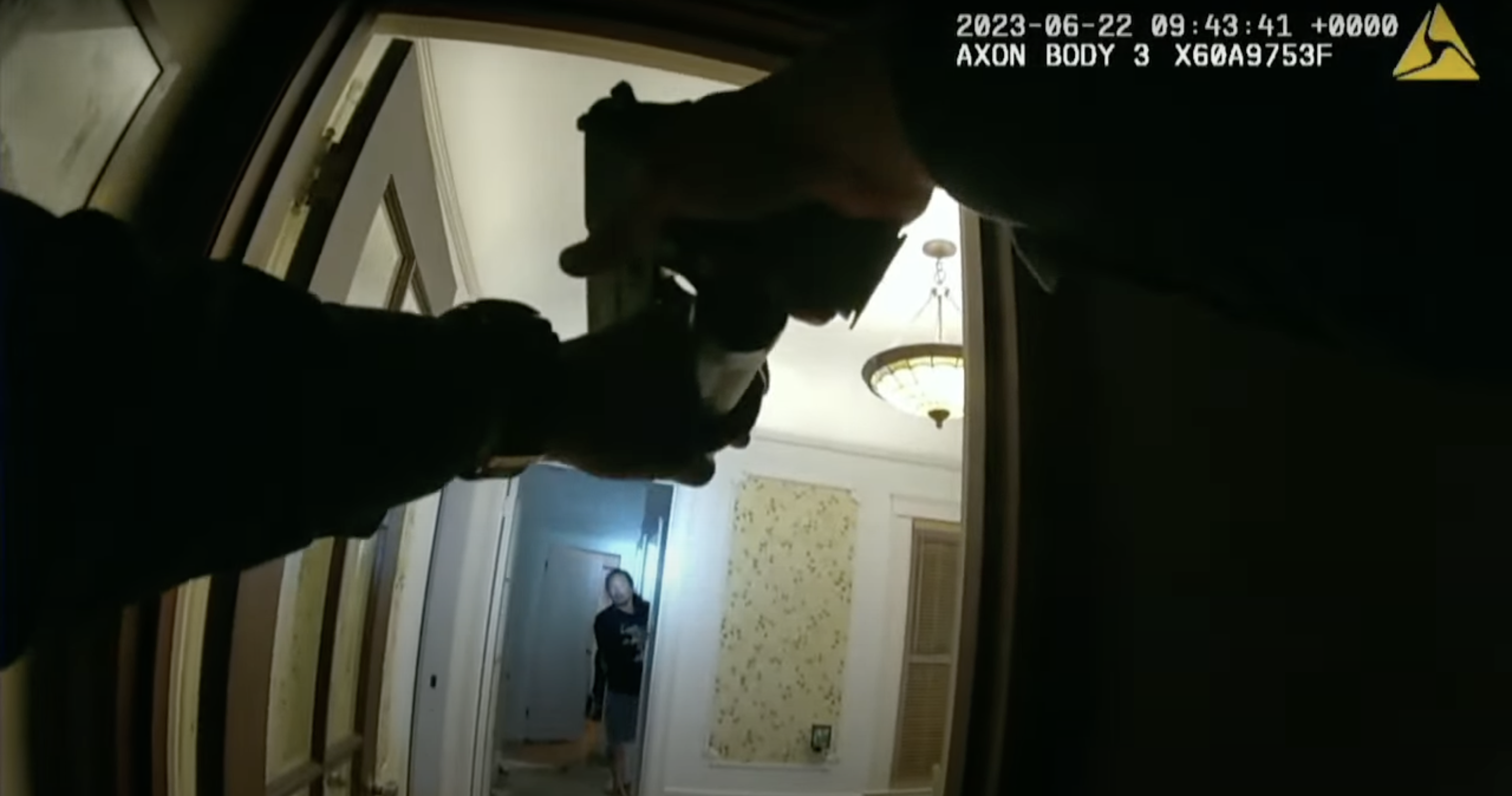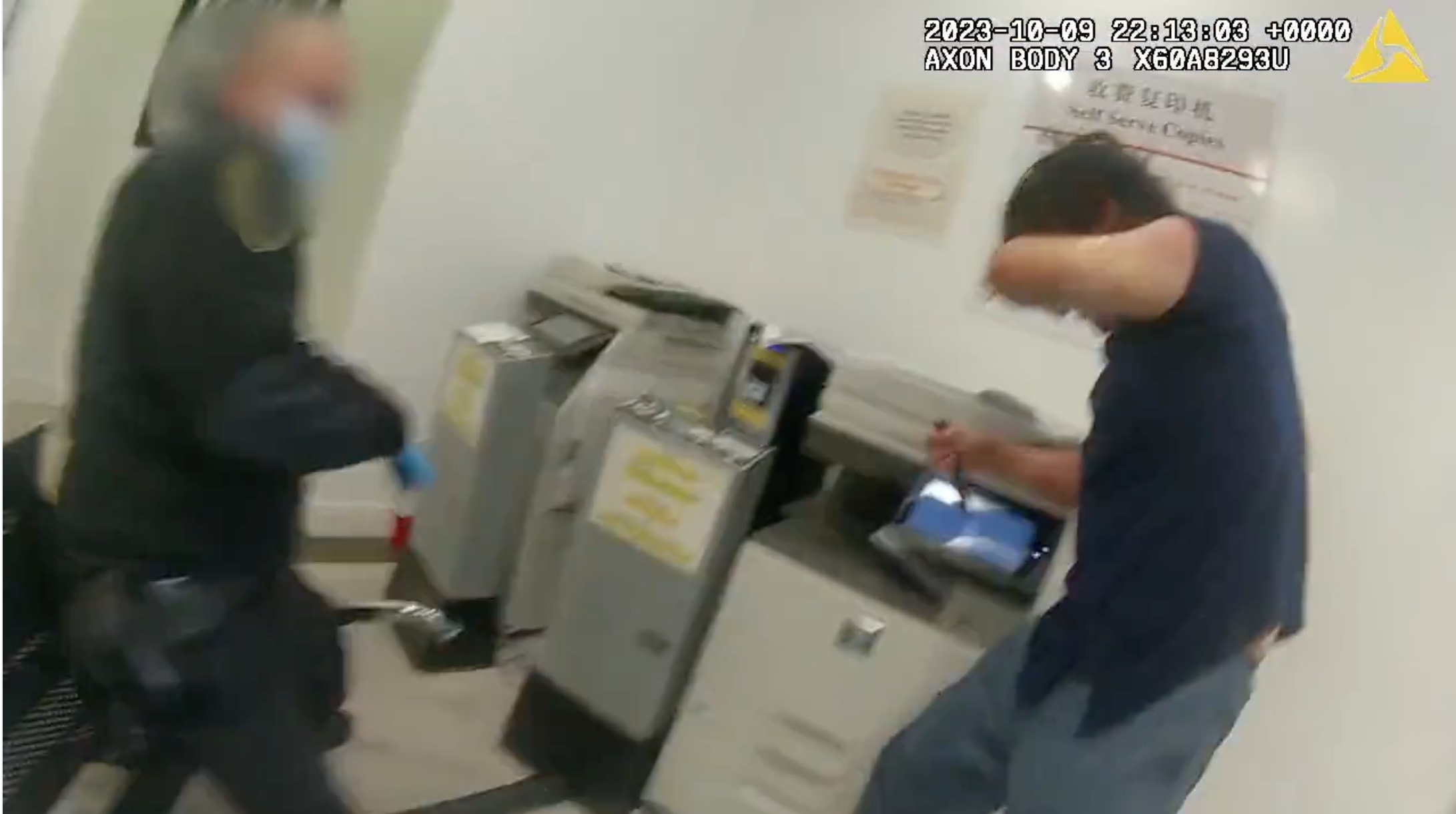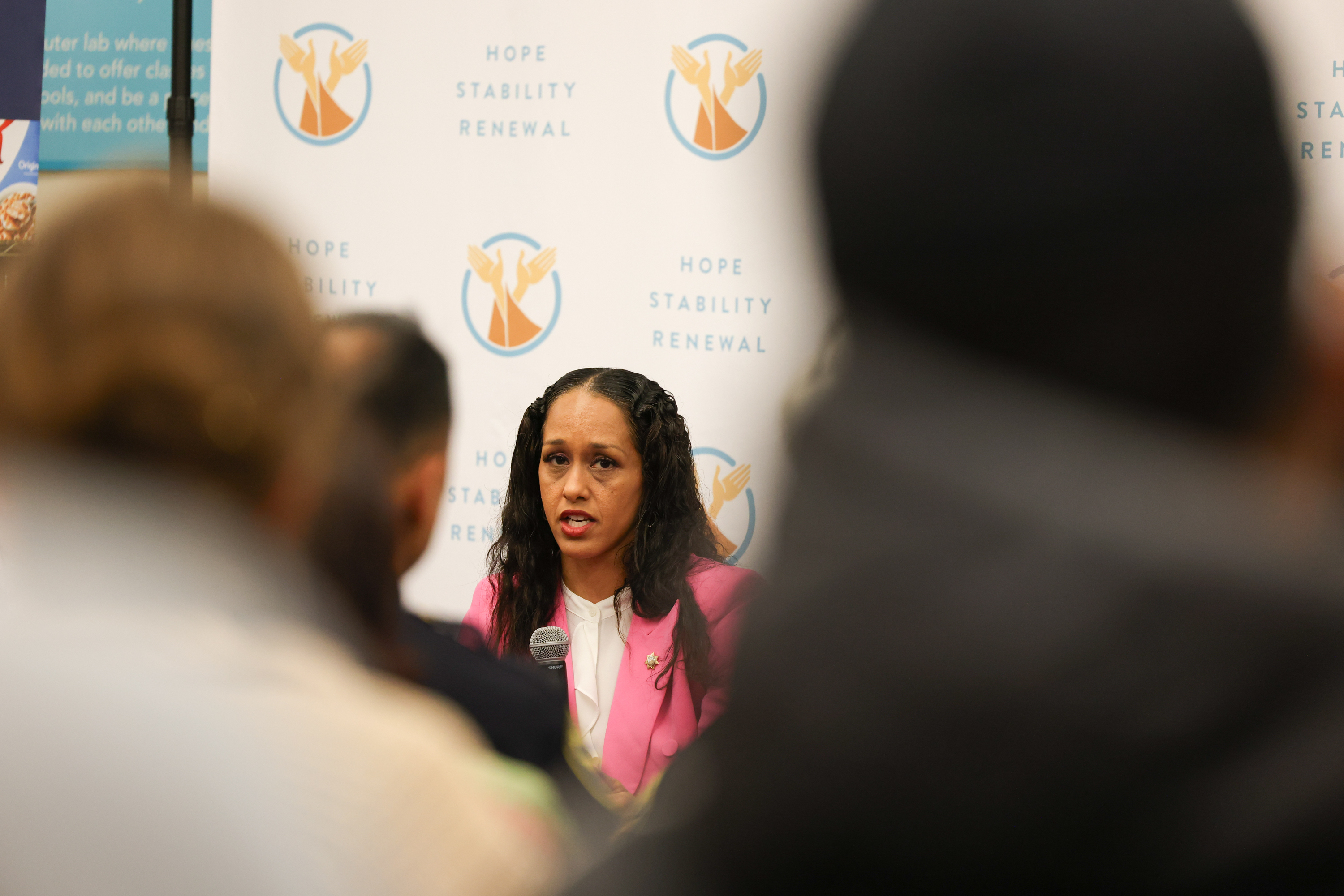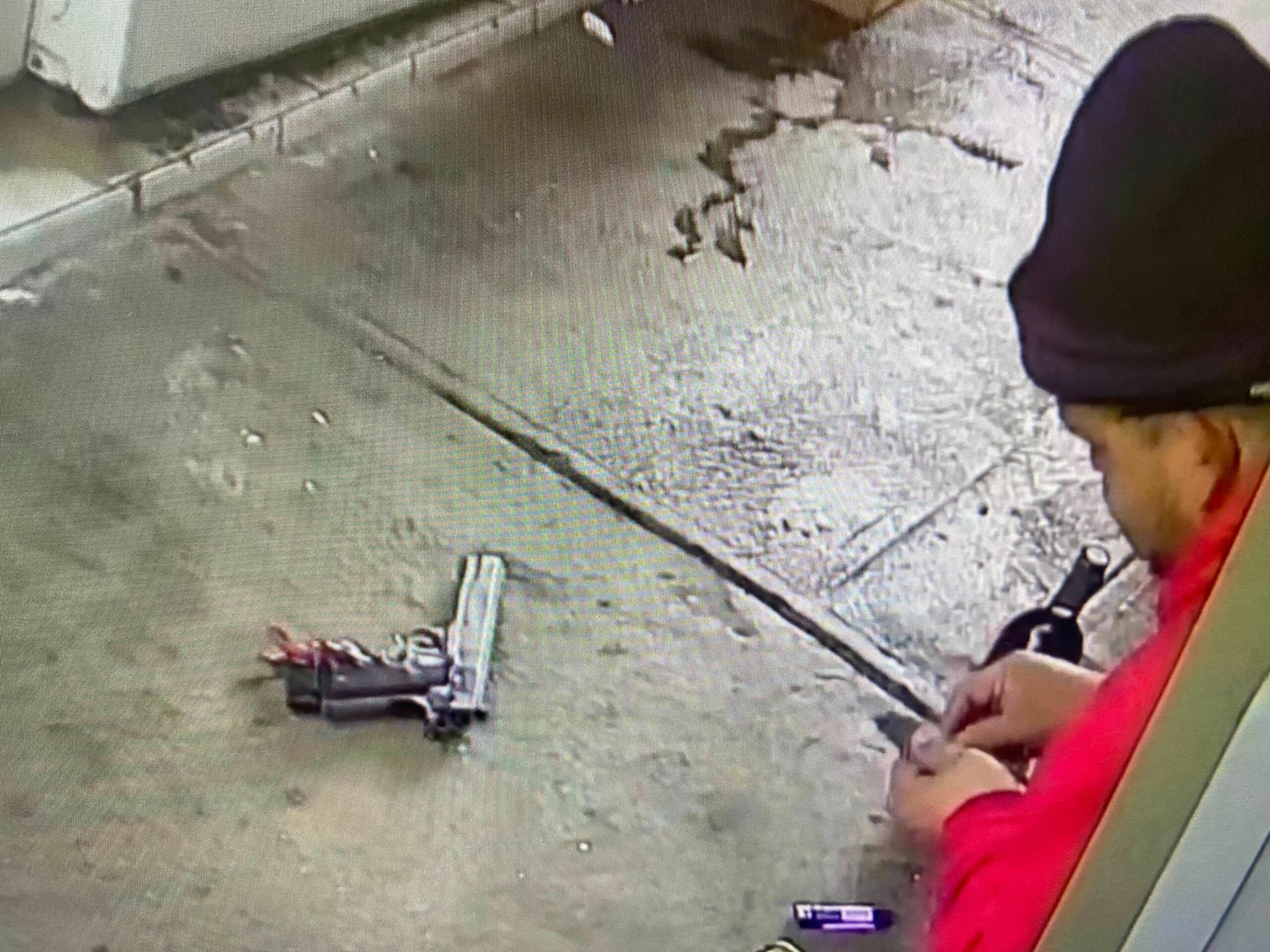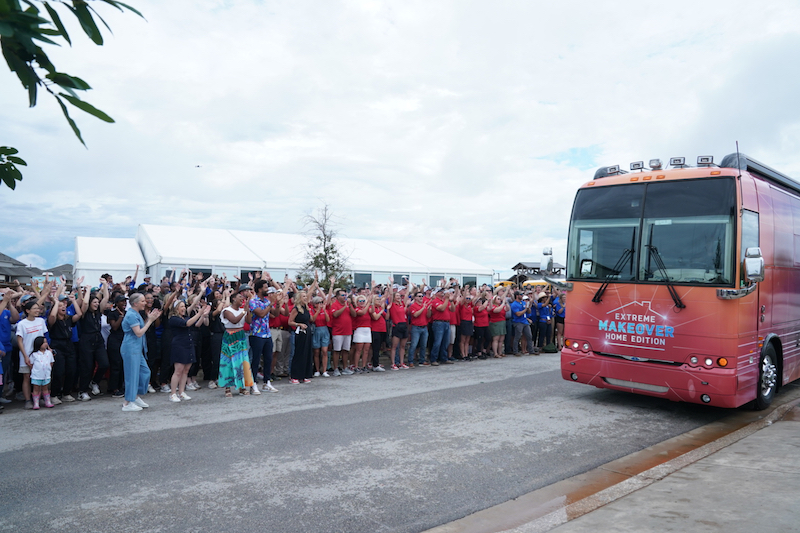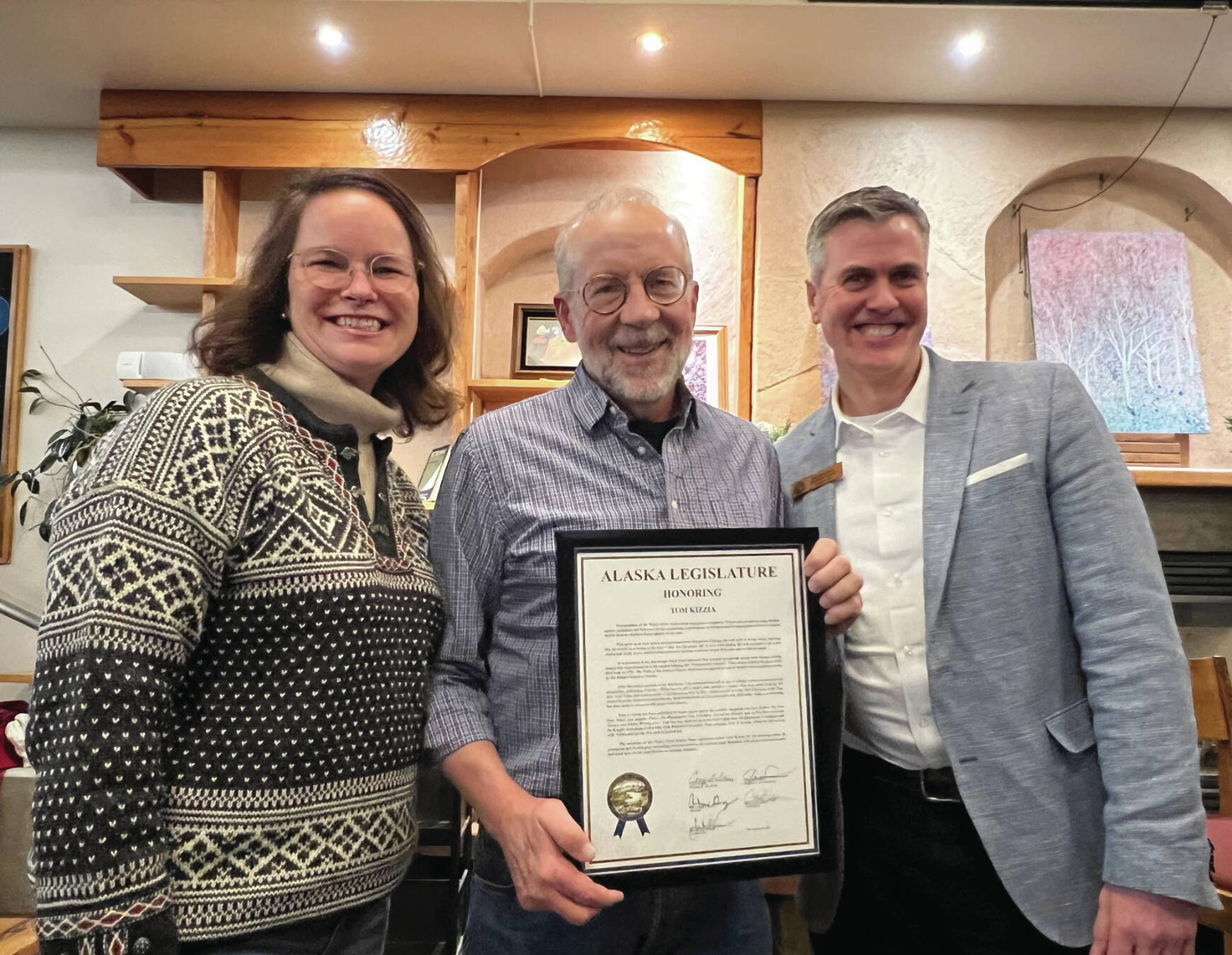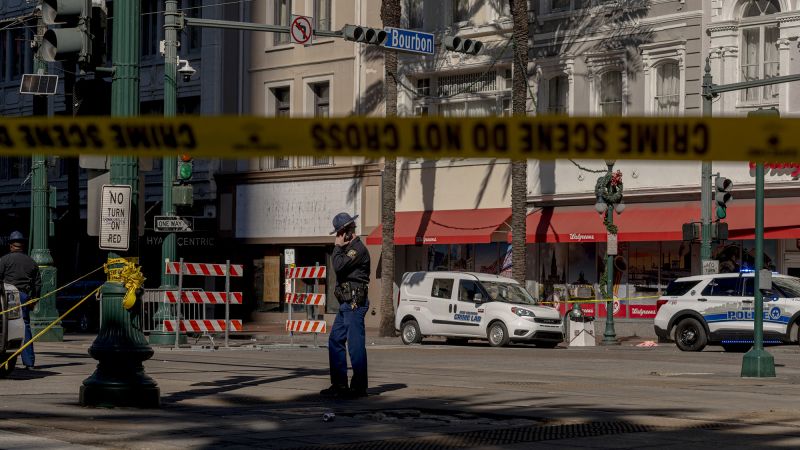San Francisco’s police oversight body is accusing the District Attorney’s Office of impeding investigations of police shootings by refusing to share evidence with the watchdog, according to correspondence obtained by The Standard.
San Francisco, CA
SFPD Watchdog Says DA Obstructs Police Shooting Investigations
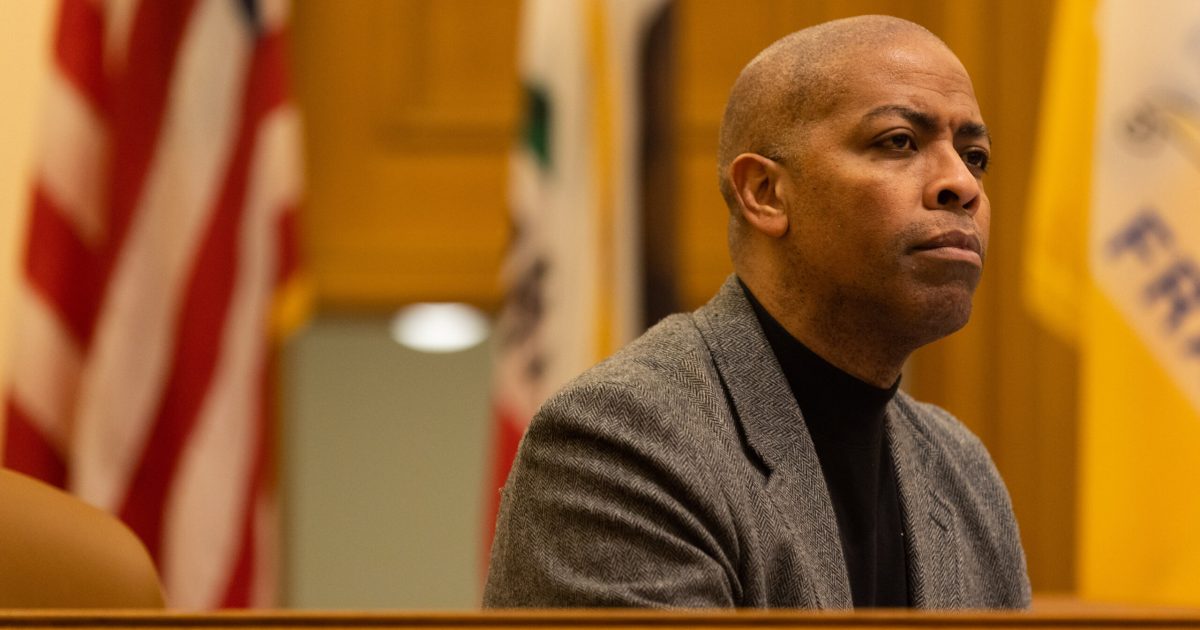
Since January, District Attorney Brooke Jenkins has refused to hand over police reports and body camera footage, among other materials, from four police shootings, arguing that such evidence is part of open investigations that are confidential, according to a letter from the Department of Police Accountability.
The nearly yearlong feud over access to evidence raises new worries that the DA’s actions could undermine police reform efforts and undermine the agency’s commitment to fully investigate potential criminal acts committed by police officers.
Now, the matter is set to come before the Police Commission, which is the civilian oversight body for the police department. The Department of Police Accountability (DPA), which is tasked with heading up police misconduct investigations, as well as police shooting misconduct investigations since 2016, has asked the commission to step in and force the police to hand over the material the DA refuses to share. The commission is expecting a response from the DA in late December and will decide on the next steps in the matter in early 2024.
While the commission has yet to take action on the matter, Police Commissioner Kevin Benedicto said the issue is threatening to kneecap reforms that came out of the U.S. Department of Justice review of SFPD in 2016.
“San Francisco voters have given DPA charter authority to conduct [police shooting] independent investigations, and DPA should receive all relevant documents for those investigations. It would be very disappointing to see this progress reversed and for DPA to not have access to the materials it is entitled to receive to complete a thorough investigation,” he said.
The DPA says exchanges of such material were routine before Jenkins’ office stopped sharing them earlier this year.
“DPA requested that SFPD provide basic documents such as the police report and body-worn camera footage, and SFPD has refused … on behalf of the San Francisco District Attorney’s Office,” the DPA’s letter said. “DPA has investigated numerous SFPD [police shootings] with the prompt and full cooperation of the SFPD—up until this year.”
From April 2019 to December 2022, San Francisco had seven police shootings, and all but one were investigated jointly by the SFPD, the DA’s Independent Investigations Bureau (IIB) and the police accountability department, according to the agency.
But the Department of Police Accountability has only had limited access to case evidence in this year’s four fatal police shooting incidents: Sergio Barrios, 40, was killed May 19 in Bernal Heights; on June 22, Marc Child was killed by an officer at his parents’ Richmond District home; on July 26, police shot and killed Ryant Bluford, 41, in the Bayview; Zhanyuan Yang, 31, was shot and killed by police Oct. 9 after ramming his car into the Chinese consulate.
“What is most puzzling about this request is DPA has participated in viewing the crime scenes of all of the incidents, viewed [body camera] footage, and virtually sat in on interviews of officers and witnesses conducted by IIB in relation to the incidents,” continued the letter.
In response, the police department told the Police Commission that it cannot share the documents and other material because it is not responsible for the criminal investigation of police shootings—the DA is.
“To protect the integrity of these investigations, the District Attorney maintains that all evidence, generated either by the District Attorney or the Police Department, belongs to the District Attorney and may not be disclosed to third parties until the close of the criminal investigation,” said the department’s Oct. 13 letter.
The SFPD letter also argues that the Police Commission does not have the authority to force the DA’s Office to do anything, as it is an independent elected office.
Jenkins denied the allegation that her office has obstructed police accountability department investigations and claimed that the oversight agency, like other administrative investigators, should wait for the criminal investigation to end before receiving confidential evidence so that it does not interfere with the investigation.
“Any insinuation by DPA or anyone that the District Attorney’s Office is obstructing DPA’s investigation is patently false,” she said.
She did not say why certain information is being withheld while other evidence is not or how the office decides what the Department of Police Accountability should have access to.
This is not the first time the issue of sharing information related to police shootings has been the source of conflict.
The issue of police and the DA sharing documents goes back to February 2022 when Police Chief Bill Scott walked away from an agreement with then-District Attorney Chesa Boudin. That agreement, which has yet to be renewed, governed what evidence would be shared in police shooting cases investigated by the DA.
Scott accused the DA of violating the terms of the agreement by withholding evidence in a case against an officer accused of using excessive force. Since Brooke Jenkins took office last year, the SFPD and her office have worked under a temporary agreement on the matter.
Boudin had upset rank-and-file police officers and their union by filing unprecedented criminal charges against three officers who had shot and injured or killed people while on duty.
Since taking office in July 2022, Jenkins has dismissed every police shooting case that Boudin filed and, former DA staffers say, worked to declaw the unit that investigates such cases.

San Francisco, CA
BART reports major delay between Daly City and San Francisco Airport, Millbrae stations

There is a major delay between the Daly City and Millbrae/San Francisco International Airport stations that started early Thursday morning, according to BART.
Around 5:20 a.m., BART said the major delay was due to an equipment problem on the track. SamTrans was providing bus service between Millbrae and Daly City on buses ECR and ECT, and bus 292 between SFO and Millbrae, BART said.
As of 7:18 a.m., BART reported normal service had resumed between Daly City and Millbrae/SFO stations with delays of 20 minutes.
San Francisco, CA
San Francisco Jewish community marks final night of Hanukkah in Union Square

On Wednesday night at Union Square in San Francisco, many from the Jewish community gathered to celebrate the final night of Hanukkah.
As the last candle was lit, the message of this holiday to overcome darkness with light had a special significance.
The Aisenberg family is not at the grand menorah lighting to just celebrate Hanukkah.
“This little boy and his baby brother were taken on October 7th 2023,” said Jackie Aisenberg.
The events of October 7th have left Jackie Aisenberg with a heavy heart. A pediatrician and a mother, she has fought to keep these children’s names in the spotlight, praying for their safe return.
“This is part of our luggage, everyday luggage,” said Jackie Aisenberg. “We need to be strong, we need to be proud and we need to speak out for them.”
Children have a special place in Jackie’s heart but she has also been impacted by the deadly New Year’s Day attack in New Orleans. The hope for 2025 is for peace and safety for everyone.
“As part of humanity, I don’t think this is pertaining in particular to necessarily to any ethnicity, or to any religion or to any people,” she said. “This is a matter of human values.”
“We never lose the hope, lost the hope or will lose the hope for a better world,” her husband Sergio Aisenberg added.
So as Hanukkah comes to an end, the Aisenberg family wants the message of standing strong and of light to resonate with people of all religions and beliefs.
“We need to stand together,” she said. “We’re Jewish people but it’s not just the Jewish people. It’s everybody who believes in humanity in open societies where we are free to stand for our values.”
San Francisco, CA
Stars Litter First 49ers, Cardinals Injury Report

The stars were out – literally – in practice reports for both the Arizona Cardinals and San Francisco 49ers today.
In the final week of regular season football for both sides, here’s what Wednesday looks like:
DNP – Hjalte Froholdt (personal)
Limited – Kelvin Beachum (knee), Sean Murphy-Bunting (toe), Matt Prater (knee), Darius Robinson (calf), Mack Wilson Sr. (ankle/quad)
The Cardinals had a walk-through today and their report is merely an estimation.
Arizona today also announced running back James Conner would go on injured reserve.
DNP – Robert Beal Jr. (ankle), Nick Bosa (knee), Spencer Buford (calf), Demetrius Flannigan-Fowles (calf), Leonard Floyd (shoulder), George Kittle (ankle), Deommodore Lenoir (shoulder) Colton McKivitz (knee), Brock Purdy (elbow), Deebo Samuel (ribs/wrist), Isaac Yiadom (pelvis)
Limited – Ji’Aiyir Brown (ankle), Ricky Pearsall (illness/chest)
Full – Isaac Guerendo (foot/hamstring), Talanoa Hufanga (wrist)
Even with both teams eliminated from postseason contention, Cardinals head coach Jonathan Gannon has his sights set on finishing the year strong.
“That’s going to be your greatest confidence builder is winning games, but yeah, there’s no doubt you want to end the year playing good football. I know whether you’re in it or not, everybody’s trying to do that,” said Gannon.
“Then it just gives you another opportunity on Sunday to see what’s good, what’s not and how we can execute better. It’s a learning experience, but there’s no doubt we want to play well for our fans, play well for us, and win a game”
With Purdy already having been ruled out by 49ers head coach Kyle Shanahan, the Cardinals are set to see former quarterback Joshua Dobbs on Sunday.
Gannon when asked if he preps for the 49ers’ system rather than Dobbs himself:
“Yeah, but the great coaches out there fit their people into that system. I know (49ers Head Coach) Kyle (Shanahan) will do that, so we have to be on it defensively because they’re going to give us some different things that they can do with ‘Dobbsy’ that if we’re not ready for will win the game for them,” said Gannon.
“We have to have a good week of prep and a good week of execution, understanding the opponent and executing at a high level.”
Both teams will practice on Thursday and Friday before being required to label game designations such as questionable, out or doubtful on players.
-
/cdn.vox-cdn.com/uploads/chorus_asset/file/25672934/Metaphor_Key_Art_Horizontal.png)
/cdn.vox-cdn.com/uploads/chorus_asset/file/25672934/Metaphor_Key_Art_Horizontal.png) Technology1 week ago
Technology1 week agoThere’s a reason Metaphor: ReFantanzio’s battle music sounds as cool as it does
-

 Business1 week ago
Business1 week agoOn a quest for global domination, Chinese EV makers are upending Thailand's auto industry
-

 Health5 days ago
Health5 days agoNew Year life lessons from country star: 'Never forget where you came from'
-
/cdn.vox-cdn.com/uploads/chorus_asset/file/24982514/Quest_3_dock.jpg)
/cdn.vox-cdn.com/uploads/chorus_asset/file/24982514/Quest_3_dock.jpg) Technology5 days ago
Technology5 days agoMeta’s ‘software update issue’ has been breaking Quest headsets for weeks
-

 World1 week ago
World1 week agoPassenger plane crashes in Kazakhstan: Emergencies ministry
-

 Politics1 week ago
Politics1 week agoIt's official: Biden signs new law, designates bald eagle as 'national bird'
-

 Politics7 days ago
Politics7 days ago'Politics is bad for business.' Why Disney's Bob Iger is trying to avoid hot buttons
-

 Business1 day ago
Business1 day agoThese are the top 7 issues facing the struggling restaurant industry in 2025
